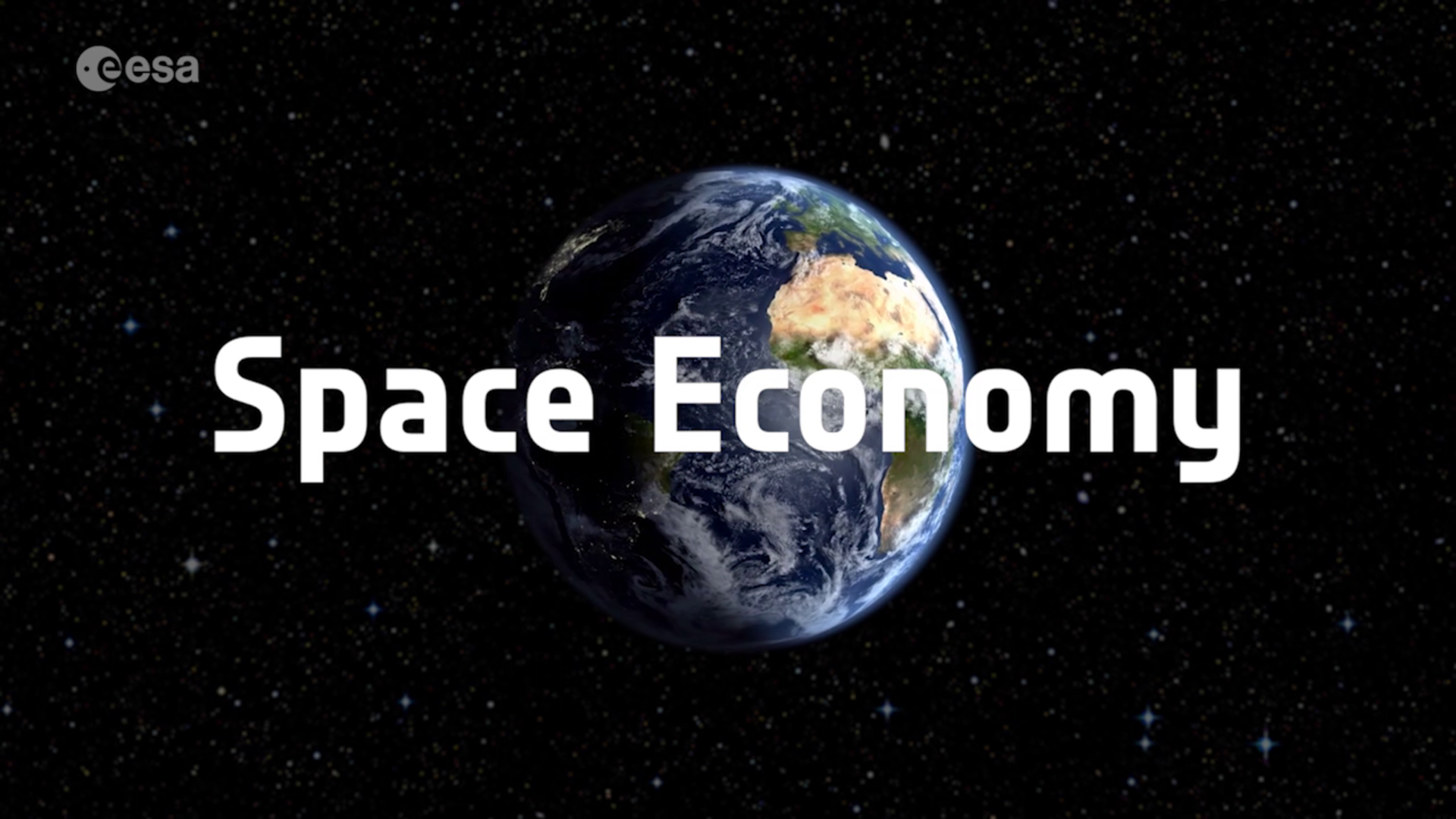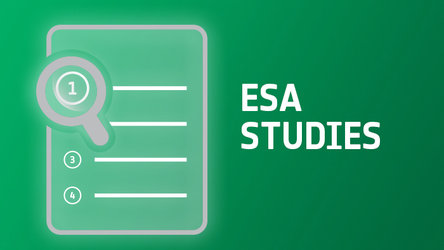Space Economy
The strategic and political goals associated with space activities since the inception of space exploration are increasingly linked with the need to generate economic and social returns. Space is a global interest and 58 countries invested more than $10 million in space programmes in 2017.
Such dynamism demonstrates that space technologies and applications are seen by governments as a valuable investment to support their national social, economic, strategic, and technological development.
Economic crisis and intense competition among global markets, particularly from emerging economies, requires European governments to carefully scrutinise and evaluate public investments with respect to the generated value-for-money.
Modern public administrations must be accountable and transparent vis-à-vis tax payers, providing visibility over investment rationales. In this context, innovation and efficacy of public-funded space research are called upon to sustain growth and competitiveness in Europe as well as to support employment and entrepreneurial capacities.
ESA has been measuring the impact of its activities and programmes since the mid-nineties but at beginning of 2014 that ESA created a dedicated function to coordinate and harmonise the socio-economic impact assessment capabilities existing across the Agency.
ESA’s Socio-Economic Studies Steering Group assists Programme Directorates in the ex-post and/or ex-ante assessment of ad-hoc ESA programmes.
This includes sharing with our colleagues the best practices elaborated within the OECD and thanks to the experience of our Member States, favouring the adoption of standardised methodologies to obtain consistent impact measures across the Agency.
Upon request, we also manage dedicated studies and assessment of specific study cases both in the upstream manufacturer sector, and in the downstream service and application industry, in support of programme proposals which will be submitted for decisions at the Council Meeting at Ministerial Level.
The Office is also in direct contact with and at the service of Member State Delegations and is the secretariat of the ESA Space Economy Committee. This bi-annual committee meeting advises and assists the Executive in the identification of Member State priorities in terms of areas to be assessed and measured with hard figures and facts in support of their national resources allocation processes.
Moreover, the Office is also the official ESA point of contact for other national and international institutions in charge of measuring the space economy (e.g the OECD Space Forum), as well as with Industry association, thus contributing to the development of a sense of community of experts in this domain at European level.
This information is collected and presented in a report about the Space Economy published in support of the Council Meeting at Ministerial Level. The report highlights and details the multiplier effects contextualising these elements in today’s socio-economic policy context.
ESA aims to increase the trust of Member States in the effectiveness of the Agency to secure return on investment through ex-post impact studies, but also through ex-ante assessments of the projected socio-economic (and environmental) value of proposals submitted to the Ministers for decision.
ESA’s goal is to include these tools in the Executive’s decision and managerial processes. Strengthening this capability in the future will be an enabler to pilot and steer European industry and scientific R&D activities to respond to societal needs and to maximise their value and impact on society.









